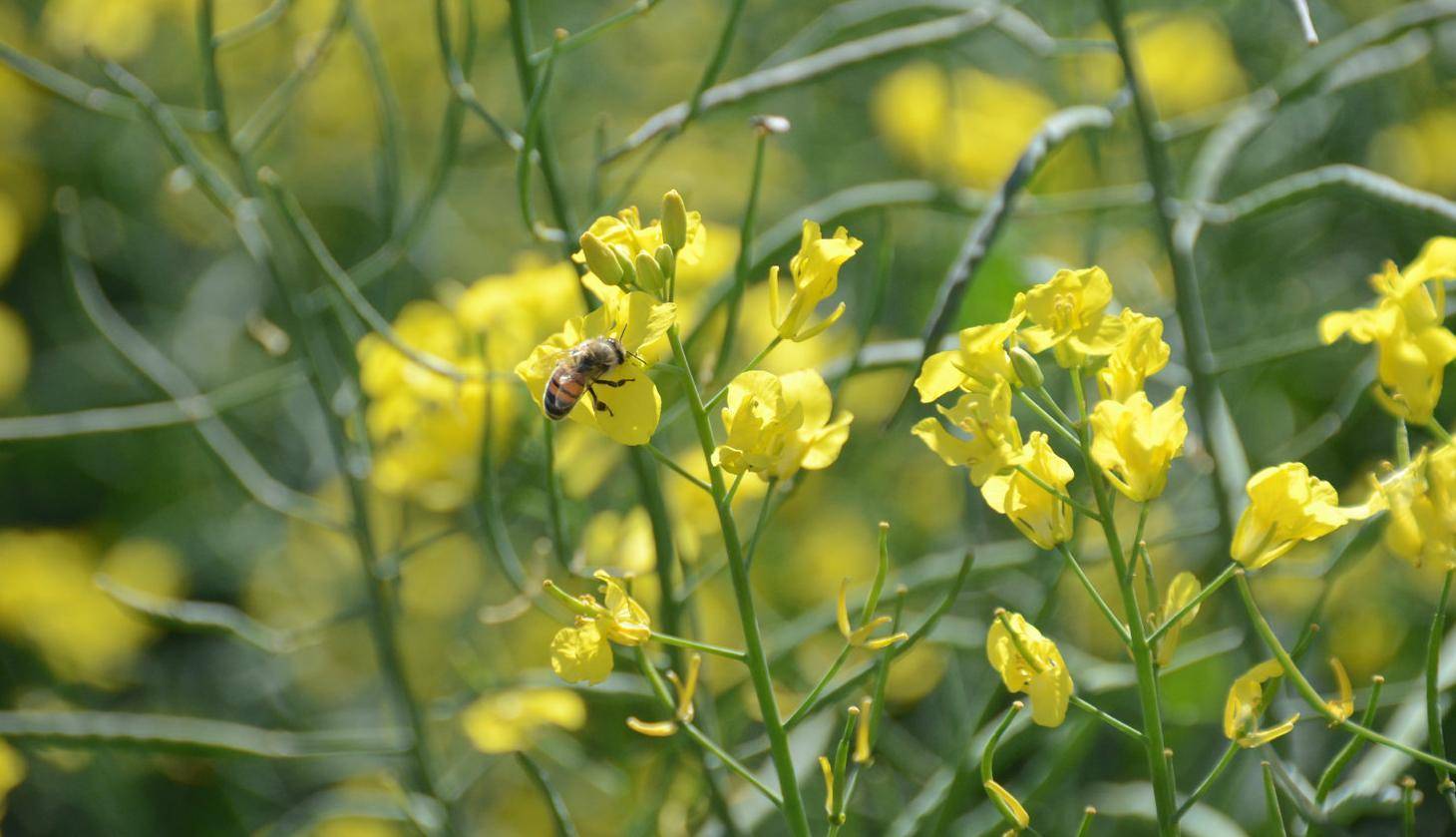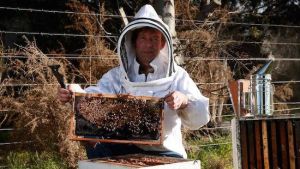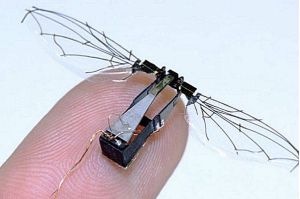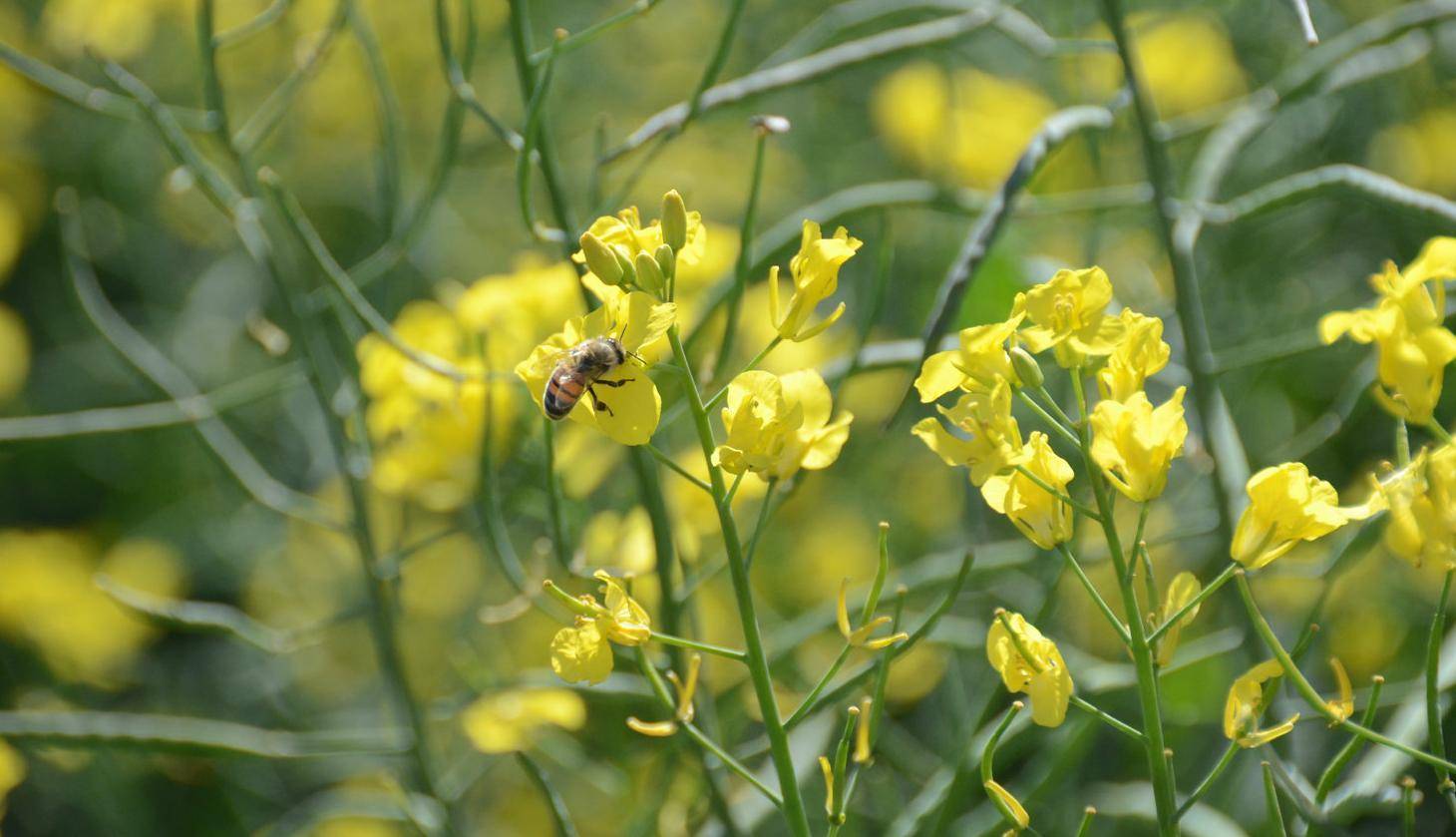Millions of bees trucked into Victoria to pollinate almond plantations during August are now working their magic to help boost Victoria’s spring canola crops.
Victoria’s chief plant health officer Gabrielle Vivian-Smith said the bees were now moving on to help Victorian farmers produce an estimated $260million worth of canola.

‘‘The honey bee industry provides benefits of between $4billion to $6billion to the Australian economy each year, and specifically to pollination-dependent plant industries such as almonds, cherries and pome fruit across Australia each year,’’ Dr Vivian-Smith said.
‘‘While canola is self-pollinating, the additional pollination it receives from bees boosts production considerably, and in return, the canola provides bees with food over winter and into their early spring breeding season.’’
Dr Vivian-Smith said bees played a vital role in Victorian agriculture, with more than 40 per cent of the state’s food crops relying on the pollination services bees provided.
Canola production was now the largest oilseed crop, representing more than half of Australian oilseed production in the past five years, while cottonseed comprises around a third, Dr Vivian-Smith said.
After the oil is extracted for use in margarines, cooking oils, salad oils and edible oil blends, its byproduct is a protein-rich meal which is also used by the intensive livestock industry.
From July 2015 to April 2016, 1.7million tonnes of Australian canola was shipped to the European Union, an increase of 76 per cent on the same period in the previous year.
Increased exports to the EU have been supported by higher EU import demand and lower exportable supplies of rapeseed from the Ukraine.
‘‘Everybody has a role to play in ensuring that pests and disease aren’t spread inadvertently through their actions, either at home or during travel,’’ she said.
■ For more information visit: http://bit.ly/2bSy15w





